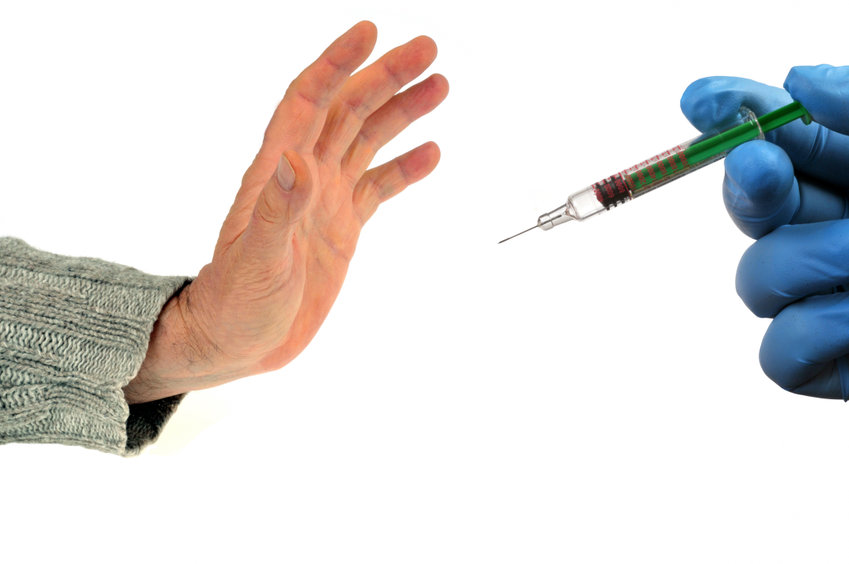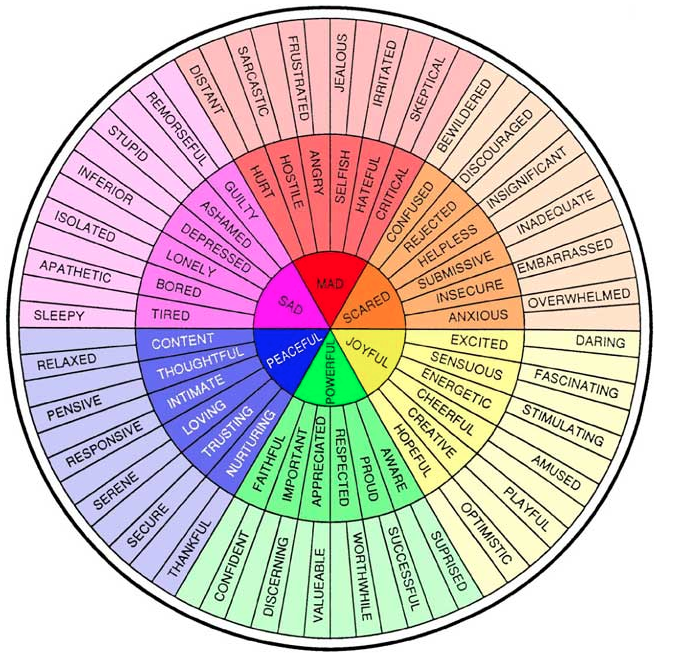The power of the “Paper Exercise”
In the Developmental Model we use a deceptively simple tool called the Paper Exercise to help assess the developmental level of clients. Using a “projective” technique, we deliberately set up a conflict between a couple and observe how they deal with it. Although it’s an artificial situation we set up, it’s usually a pretty good … Read more








